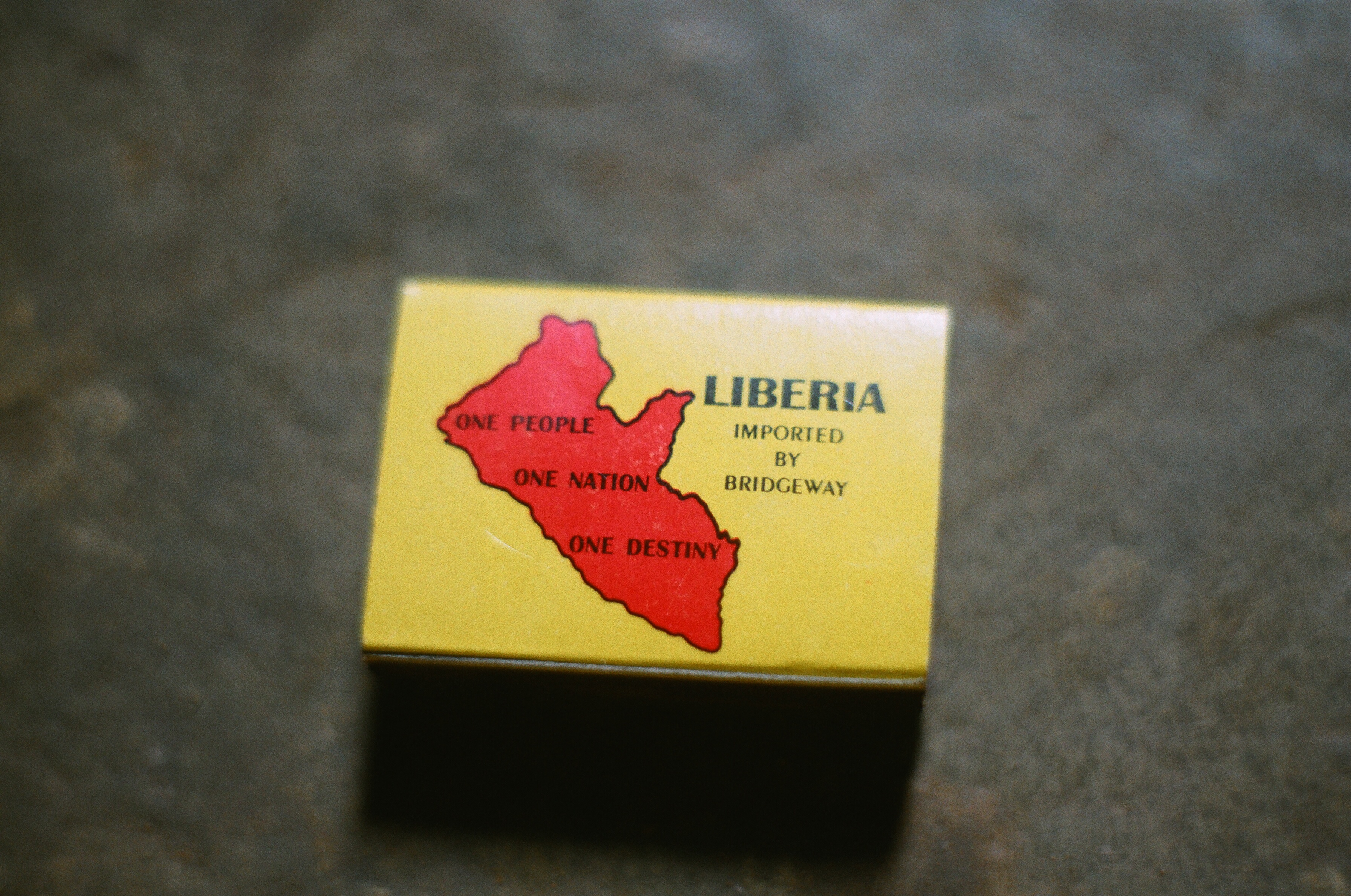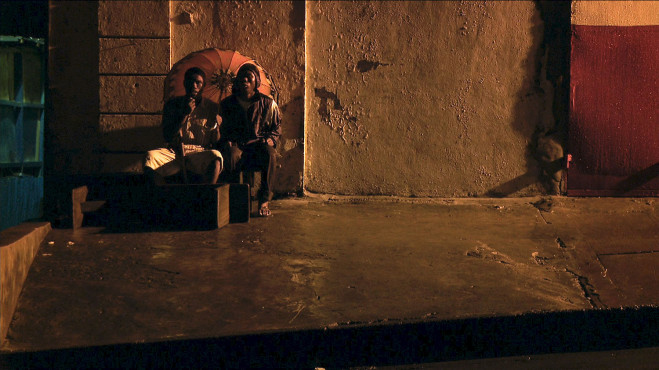“I miss dancing” a friend of mine says sometime in late June. “What?” I reply, thinking I must have misheard him. “I miss dancing”, he hesitates a bit “…and information [independent media]”. I can’t help laughing “Well one is very important for democracy, the other … not so much” I claim. But then again he has a point. At this stage Bujumbura has been in turmoil for almost two months, he lives in a turbulent neighbourhood, I don’t, but we are all already very tired. People just want their regular lives back, and being able to enjoy life, not just live it. Unfortunately this is not to happen in 2015. Continue reading
CategoryUrban issues
“Rogue, rogue, rogue!!” In many communities in Liberia where the state faces security service provision challenges, this chorus whips up the pent-up wrath of violent mobs. The “rogue, rogue, rogue” chorus metes out swift and immediate ‘justice’. It results from the social interpretive dehumanization of the “rogue”, exacerbated by challenges posed by inadequate social and rational-legal control when borderland marketscapes overlap with residential communities. The postwar state and its international NGO partners have liaised with local community leaders to encourage communities to seek recourse through formal rational-legal justice processes. However, rational-legal justice processes are seen as costly, time-consuming and largely ineffective, hence the arbitrary lynching of some alleged “rogues” persists. The “rogue” who gets lynched is often more a victim of their method than their action. Two narratives of the “rogue’s” outcome emerge in the interpretation of postwar socio-political processes in Liberia’s borderlands – that of the community leader and that of the community member. Meanwhile, a geo-spatial interpretation of physical borderland spaces in two cities – Foya and Gompa – further elucidates the difference between the method and the action, which contribute to divergent outcomes for “rogue” transgressions. Focusing on marketscapes as dedicated zones of human and material exchange, connections arise between the “rogue” and markets. These connections are crafted to circumvent social controls, collude with the state and escape the arbitrary mob-lynching outcome reserved for the individualized “rogue.” Hence all “rogues” are not created equal to face certain death because of their actions. The difference in outcomes is in their operational and embeddedness rather than their actions per se.
“Afrophobia”? “Xenophobia”? “Black on black racism”? A “darker” as you can get hacking a “foreigner” under the pretext of his being too dark — self hate par excellence? Of course all of that at once! Yesterday I asked a taxi driver: “why do they need to kill these “foreigners” in this manner?”. His response: “because under Apartheid, fire was the only weapon we Blacks had. We did not have ammunitions, guns and the likes. With fire we could make petrol bombs and throw them at the enemy from a safe distance”. Today there is no need for distance any longer. To kill “these foreigners”, we need to be as close as possible to their body which we then set in flames or dissect, each blow opening a huge wound that can never be healed. Or if it is healed at all, it must leave on “these foreigners” the kinds of scars that can never be erased. Continue reading

Students on their moto bikes, accompanying the corps of a fellow student to Walia. The student was killed during the demonstration on 9 March in N’Djamena.
The cruel death of my friend’s cousin during the demonstration of students from high school and university in N’Djamena on 9 March, hits hard, the photo of the tortured body sent via whatsapp showing useless violence. The family will bury the young man in the village after they refused the 3 million Francs CFA (4,573 Euros) offered by the government that some interpreted as money to silence them.
Continue reading
There used to be a popular computer game called SimCity. Thereby, the player was the governor of a city and took decisions on developments. By increasing the taxes or by saving too rigidly, consequences such as fires or other disasters would cause massive damage; the urban population would start protest in pixelated crowds. Many years later in real-life Monrovia, I observed governance practices which reminded me of the computer game. Policies were being put forward that even made the very government employees shake their heads.
Out of the shadows a massive procession of handicapped young street dwellers appears. We are in downtown Freetown, Sierra Leone, and they move slowly like zombies of the night whilst parts of metal on crutches and wheelchairs glow in the darkness and metallic sounds echo in the otherwise empty street. It’s the opening scene of Shado’man, a film shot in darkness.
![c9c233_296a56047d6d4e95a6a03217ab047e1e.png_srz_295_225_75_22_0.50_1.20_0[1]](http://matsutas.com/wp-content/uploads/2013/12/c9c233_296a56047d6d4e95a6a03217ab047e1e_srz_295_225_75_22_0-50_1-20_01.png) We just launched a new website with images and texts from Freetown, Sierra Leone. The site is a platform for both a photo exhibition: Pentagon (photos and texts from my fieldwork) and a film: Jew-Man Business (directed by Maya Christensen, filmed by Christian Vium and produced by me). The new website has been created by Hanna Berhanusdotter who has been an academic intern at NAI. Please have a look: http://www.economyofthestreet.com/
We just launched a new website with images and texts from Freetown, Sierra Leone. The site is a platform for both a photo exhibition: Pentagon (photos and texts from my fieldwork) and a film: Jew-Man Business (directed by Maya Christensen, filmed by Christian Vium and produced by me). The new website has been created by Hanna Berhanusdotter who has been an academic intern at NAI. Please have a look: http://www.economyofthestreet.com/
© 2024 Mats Utas
Theme by Anders Norén — Up ↑

